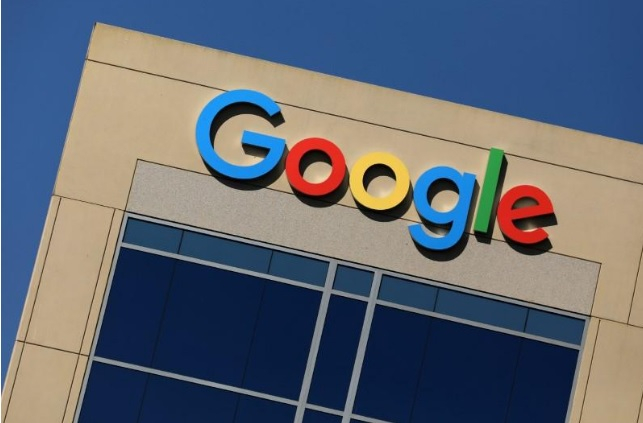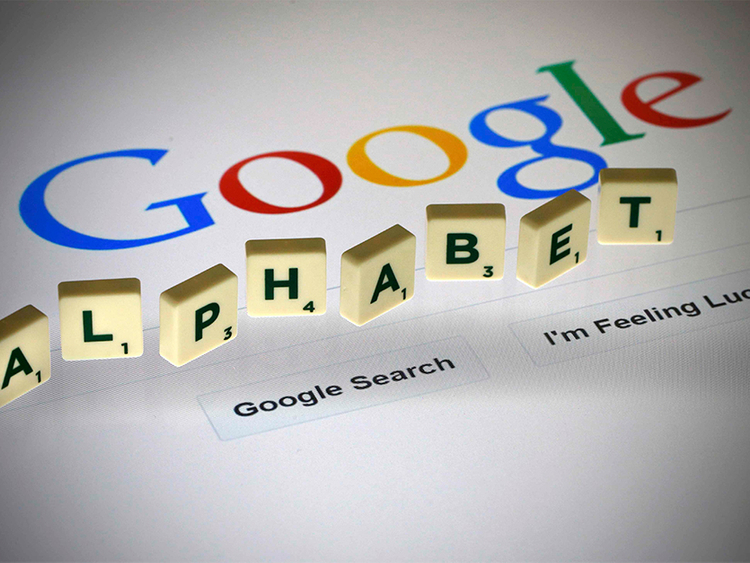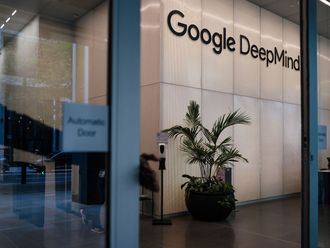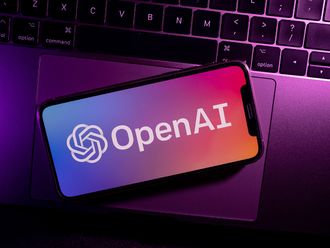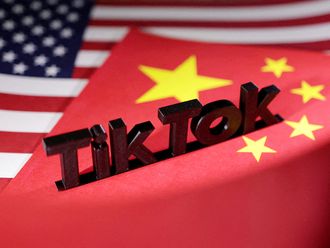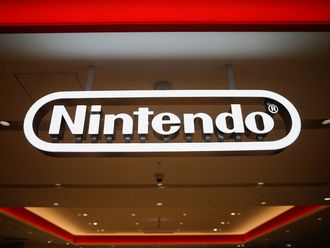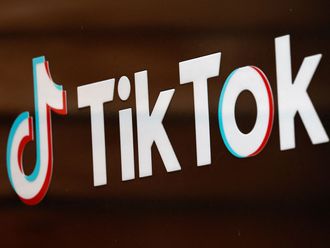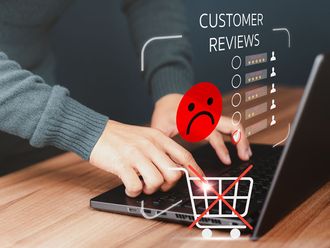Washington
A trade association whose members include Alphabet Inc.’s Google, Facebook Inc. and Twitter Inc. will pitch self-regulation instead of a proposed US federal law requiring more disclosure for political advertising on their online platforms.
Prepared testimony from Randall Rothenberg, president of the Interactive Advertising Bureau, says that his group wants US Congress’s support for a do-it-yourself approach “by which digital media companies will police their supply chains for bad actors, and provide greater transparency into who is putting what into their sites.”
Two congressional investigations and a special counsel’s probe are examining whether Russian agents used US social media advertising as part of a campaign to try to influence the 2016 election. Facebook executives revealed last month that accounts affiliated with Russia spent $100,000 (Dh367,000) on politically divisive ads ahead of the US election.
In response, three senators have introduced a bipartisan bill to require more disclosure of online advertisers. In testimony, Rothenberg said he has urged his members to “use common sense, technology systems, human oversight, and cross-industry self-regulation to police their own precincts.”
But the testimony details few concrete measures. Both Google and Facebook have said they’re willing to work with lawmakers and regulators to enhance advertising transparency. After the election, the companies introduced product changes aimed at stamping out so-called fake news, but the digital platforms still face criticism for letting misleading articles surface. Google shifted its algorithm in April to demote misleading, false and offensive articles in its search results.
Rothenberg’s remarks argue that the complexity of serving ads to social media users and the large share of such ads that are purchased in automated systems make disclosure expensive and potentially ineffective.
Some ads identified as coming from Russian state actors didn’t mention any specific candidate — meaning they might not have been identified as needing disclosure. But broadening the definition of political ads to include some issue-oriented messages might raise First Amendment issues, according to Rothenberg’s testimony.
Last month, Mark Zuckerberg, CEO of Facebook, promised to bring the company “to an even higher standard of transparency” than television and other media. He proposed enabling users to see all the other ads that the advertisers targeting them were buying.
General counsels for Facebook, Google and Twitter will testify in public hearings before the House and Senate Intelligence Committees on November 1 on how their platforms were used in the 2016 election. The companies have already briefed committee members in closed-door sessions.
IAB has discussed self-regulation with its members on several conference calls, but no plan has been agreed on, according to an industry lobbyist. One reason for the lack of detailed suggestions on self-regulation is that the IAB group has been waiting to see congressional proposals, the lobbyist said.
Democratic Senators Amy Klobuchar and Mark Warner and Republican John McCain introduced a bill last week that would require internet platforms that average 50 million unique visitors a month to disclose online information about political advertisers using their platforms, including copies of the ads, descriptions of the audience targeted, the average rate paid for the ads, and the name and contact information of the sponsors.
That would bring the internet in line with what traditional media including TV and radio do to track and disclose political ad buyers. The bill would also require political campaigns and committees to include disclaimers on their ads saying who paid for the message. Companies like Facebook, Google and Twitter would be required to keep track of advertisers making public communications — or issue ads — on their platforms.
Facebook has said that many of the ads purchased by Russians focused on divisive social issues without naming federal candidates.
The last time the Federal Election Commission issued a ruling on internet advertising was in 2006, the year after YouTube was founded. The internet has grown considerably more complex since then.
“Articles, videos, audio, advertising, sponsored links, native ads, social commentary, and branded content can come together from scores of server computers,” Rothenberg said. “Underneath the visible page, scores of other suppliers may be contributing measurement, ad verification, optimisation, and auction pricing services.”
— Bloomberg


